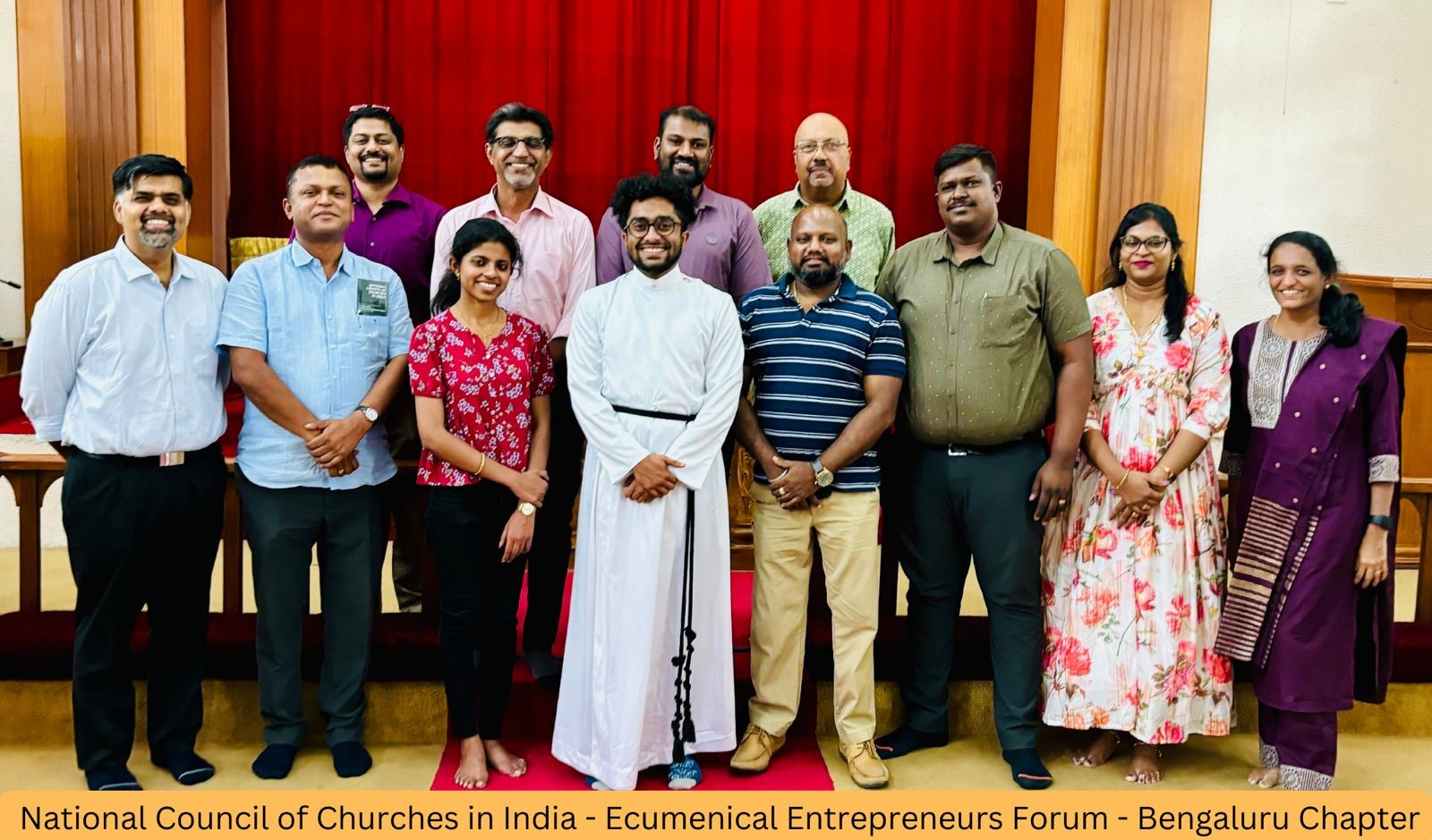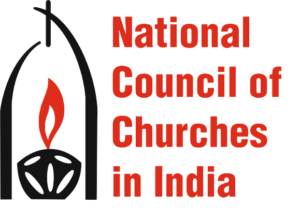
The NCCI Indian Disability Ecumenical Accompaniment (IDEA) Acknowledged and Honoured COVID heroes serves as a testament to the transformative power of selfless service and the unwavering spirit of compassion. It sets a commendable example for the ecumenical accompaniment and reaffirms the commitment of the NCCI to advocate for the rights and well-being of persons with disabilities in India.
 In an inspiring event held at the UELCI campus Chennai, NCCI-IDEA honored the unsung heroes who selflessly served persons with disabilities during the COVID-19 pandemic. The NCCI Indian Disability Ecumenical Accompaniment (IDEA) Award ceremony showcased the extraordinary efforts made by individuals and organizations to create a barrier-free church and society for all.
In an inspiring event held at the UELCI campus Chennai, NCCI-IDEA honored the unsung heroes who selflessly served persons with disabilities during the COVID-19 pandemic. The NCCI Indian Disability Ecumenical Accompaniment (IDEA) Award ceremony showcased the extraordinary efforts made by individuals and organizations to create a barrier-free church and society for all.
Out of a staggering 50 applicants from across the nation, NCCI selected the most deserving candidates in three distinct award categories. Esteemed paediatrician and Disability activist, Dr. Aiswarya Rao, had the privilege of presenting the awards to the remarkable COVID heroes, whose dedication and commitment shone through their exceptional achievements.
In the Individual Category, Mr. Sandeep Paul, the project coordinator for UNNATHI – Disability project, stood out for his outstanding coordination and resource mobilization efforts. Despite limited resources, Mr. Sandeep effectively supported individuals with disabilities by implementing training programs and raising awareness during the pandemic.
 The Institution Category witnessed the recognition of the CSI School for the Intellectually Disabled, a residential school that defied government orders to send children home. With immense compassion, the school decided to keep around 30 inmates, including orphans, and extended their reach to over 100 kilometers to support 110 persons with disabilities.
The Institution Category witnessed the recognition of the CSI School for the Intellectually Disabled, a residential school that defied government orders to send children home. With immense compassion, the school decided to keep around 30 inmates, including orphans, and extended their reach to over 100 kilometers to support 110 persons with disabilities.
In the Church Initiative Category, the Shaphiro initiative led by H.G. Dr. Yuhanon Mar Diascros Metropolitan and a group of passionate laity members received well-deserved accolades. The online glocal initiative connected more than 25 families from the Indian Orthodox community across India, the Middle East, Europe, and the ANZ region. The regular online fellowships for “Shaphiro” families and special needs children since December 2021 have had a profound impact on the lives of participants.
The award ceremony created a significant impact on the audience, which included representatives from various churches, institutions, and theological colleges. The COVID heroes shared their inspirational stories, shedding light on the challenges faced by persons with disabilities and the tireless efforts undertaken to support and empower them.
By recognizing these exceptional individuals and initiatives, NCCI IDEA aims to encourage and inspire others to work towards the creation of an inclusive society. The event highlighted the significance of collaborative efforts in fostering a just community where all individuals, regardless of their disabilities, can flourish and thrive.















 Rev. Dr. Asir Ebenezer, General Secretary NCCI, used the line “Dancing to a tune that they cannot hear” in his opening remarks referring to the dance recitals of children with hearing and speech impairment to prime the audience for the workshop. This statement sparked discussion about the church’s ignorance and the silent voices within it. He urged everyone there to change their focus from “learning about disability to learning to be a part of the life of people with disability.” Additionally, he claimed that the workshop’s goal was to “Empower ourselves to dismantle structures and attitudes that disable people and not just to Empower the people with Disability,” which was the justification for achieving inclusivity, particularly in churches and Christian groups.
Rev. Dr. Asir Ebenezer, General Secretary NCCI, used the line “Dancing to a tune that they cannot hear” in his opening remarks referring to the dance recitals of children with hearing and speech impairment to prime the audience for the workshop. This statement sparked discussion about the church’s ignorance and the silent voices within it. He urged everyone there to change their focus from “learning about disability to learning to be a part of the life of people with disability.” Additionally, he claimed that the workshop’s goal was to “Empower ourselves to dismantle structures and attitudes that disable people and not just to Empower the people with Disability,” which was the justification for achieving inclusivity, particularly in churches and Christian groups.




 In an inspiring event held at the UELCI campus Chennai, NCCI-IDEA honored the unsung heroes who selflessly served persons with disabilities during the COVID-19 pandemic. The NCCI Indian Disability Ecumenical Accompaniment (IDEA) Award ceremony showcased the extraordinary efforts made by individuals and organizations to create a barrier-free church and society for all.
In an inspiring event held at the UELCI campus Chennai, NCCI-IDEA honored the unsung heroes who selflessly served persons with disabilities during the COVID-19 pandemic. The NCCI Indian Disability Ecumenical Accompaniment (IDEA) Award ceremony showcased the extraordinary efforts made by individuals and organizations to create a barrier-free church and society for all. The Institution Category witnessed the recognition of the CSI School for the Intellectually Disabled, a residential school that defied government orders to send children home. With immense compassion, the school decided to keep around 30 inmates, including orphans, and extended their reach to over 100 kilometers to support 110 persons with disabilities.
The Institution Category witnessed the recognition of the CSI School for the Intellectually Disabled, a residential school that defied government orders to send children home. With immense compassion, the school decided to keep around 30 inmates, including orphans, and extended their reach to over 100 kilometers to support 110 persons with disabilities.